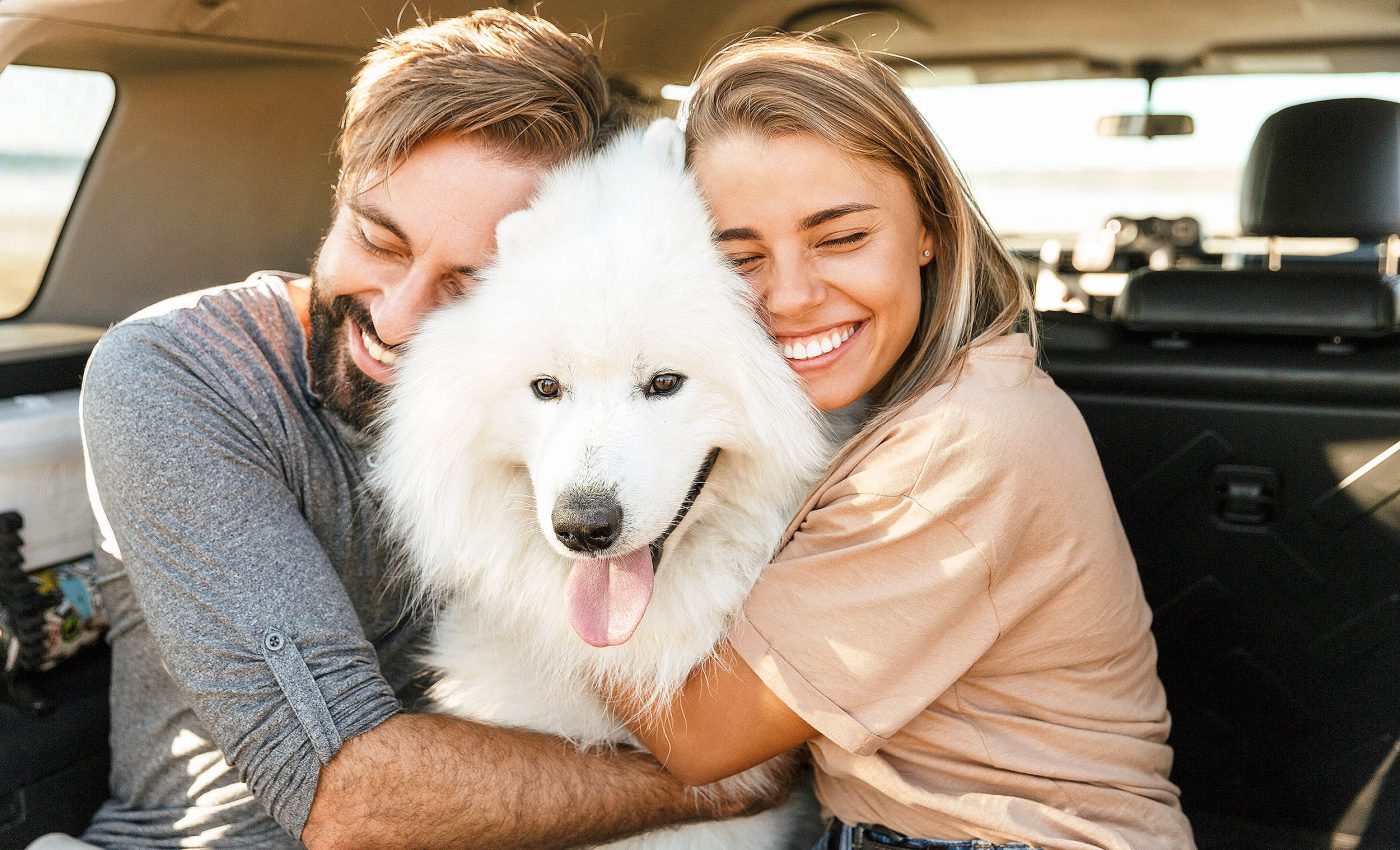
More couples are calling their pets 'kids,' redefining the concepts of family and parenting
Births are steadily dropping in many parts of the world, while dogs are taking center stage in households that once prioritized children. Families everywhere say their pets feel like children, and it sparks questions about how we view families, caring, and belonging.
At the heart of this conversation is the idea that some people use dogs to satisfy a nurturing need without the commitments that come with raising human children.
Research from Eötvös Loránd University shines a light on these evolving roles.
Why we treat pets like children
This review was led by PhD student, Ms. Laura Gillet, and senior author, Ms. Enikő Kubinyi, of the MTA-ELTE ‘Momentum’ Companion Animals Research Group at Eötvös Loránd University.
Their work offers a fresh perspective on why people may treat their dogs as dear family members, even calling them furry children.
Many see pets as easier than kids
“Despite the high dependency and attachment of dogs to their caregivers, in the eyes of many, commitments coming with dog ownership remain less burdensome than child parenting” explained Ms. Gillet.
Households vary widely when it comes to pets. Some folks see their canine companions as children in all but name. Others embrace the idea that dogs are simply easier to manage than human kids.
Individuals who decide to adopt dogs say it meets their desire to look after another living being.
Some appreciate the freedom of having a friendly companion without the lengthy financial and emotional investment that raising a human child often demands.
This shift in how we welcome dogs into our daily routines partly explains why people across different cultures now place their pets in roles once held only by children.
Dogs have needs similar to toddlers
Dog and owner relationships often show strong attachment features. Studies using separation and reunion tasks found that dogs are more at ease with their primary caregiver than with strangers.
Dogs also look to their owners for comfort during stressful situations, which adds to the idea that canines naturally bond with people in ways that mirror child-parent attachments.
Despite these similarities, dogs will not grow into independent adults who leave home. They stay reliant on their caregivers for food, walks, and social outings, and this ongoing dependence can make them feel like permanent toddlers.
Many owners find it heartwarming to remain in that caregiver role, though there can be questions about whether the dog’s own needs are fully understood or respected.
Why does any of this matter?
“We would like to point out that, contrary to popular belief, only a small minority of dog owners actually treat their pets like human children” said Ms. Kubinyi, head of the Companion Animals Research Group, senior author of the review.
Some people view dog care as a way to fill time or emotional space. Others juggle raising dogs alongside actual children, seeing them as separate bonds. Those with no children may prefer dogs for a sense of closeness and routine that is less daunting.
Still, cultural norms play a big part. In places where human births are dropping or delayed, it is easier to focus resources on pets and treat them with child-like affection.
The Internet and social media also encourage this trend by highlighting stories and pictures of so-called pet parenting, which can reinforce the idea that dogs fit perfectly into a modern household.
Pets, children, and health
Many experts worry that the intense focus on adorable dog breeds with round faces and short muzzles can lead to health problems.
When a dog looks extremely childlike, it may come with breathing issues or other complications linked to breeding. If owners favor an “infant look,” they might ignore the fact that these animals still require robust exercise and proper medical care.
Others point out that lavishing dogs with constant attention can create behavioral problems. It is easy to misread signs that a dog needs more personal space or is uneasy.
Overprotective owners could even cause stress for their pet, especially if they hold it to human child standards.
Modern family dynamics are changing
For some, dogs may serve as “pre-children,” fitting in before a couple welcomes a human baby. Later, that same dog might be a sibling figure once an infant arrives.
In other cases, a dog might stand in for a child permanently, offering a sense of purpose and affection. Each setup reflects personal choices, finances, and local customs, and it reveals how family can expand to include pets in new ways.
Though dogs do not replace children, they can ease the universal desire to nurture and connect. As modern life changes, it will be interesting to see how these bonds evolve and whether dog parenting continues to reshape what we think of as family.
The study is published in European Psychologist.
—–
Like what you read? Subscribe to our newsletter for engaging articles, exclusive content, and the latest updates.
Check us out on EarthSnap, a free app brought to you by Eric Ralls and Earth.com.
—–













